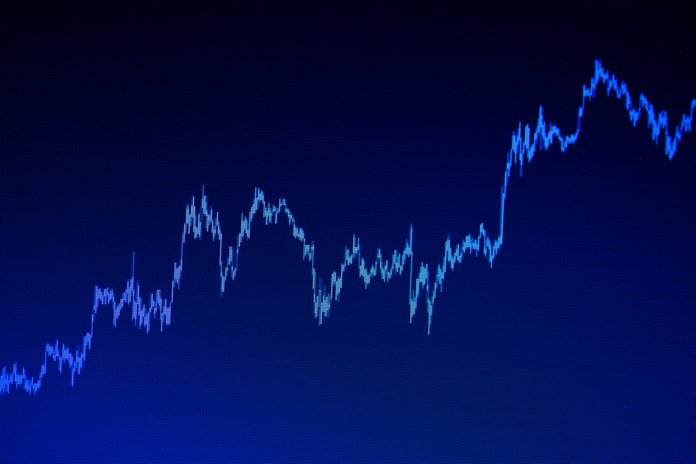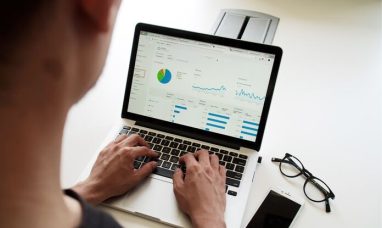Peter Schiff, a well-known economist and financial commentator, has recently expressed concerns about the state of the U.S. economy. He believes that “smart money” is exiting the market, signaling potential trouble ahead. This article delves into Schiff’s warnings and the implications for investors and the broader economy.
Peter Schiff’s Warning on Smart Money
Peter Schiff, known for his bearish views on the U.S. economy, has warned that the current economic conditions are prompting savvy investors to pull their money out of the market. He argues that rising interest rates, persistent inflation, and an overvalued stock market are creating a precarious situation for investors.
In recent comments, Schiff pointed out that the Federal Reserve’s attempts to control inflation by raising interest rates could backfire, leading to a significant economic downturn. He emphasized that while the Fed’s policies aim to stabilize the economy, they might instead accelerate a recession.
The Impact of Rising Interest Rates
Schiff’s primary concern is the impact of rising interest rates on the economy. As the Federal Reserve increases rates to combat inflation, borrowing costs for businesses and consumers rise, which can slow economic growth. Higher interest rates can lead to decreased spending and investment, which in turn can result in job losses and lower consumer confidence.
Schiff believes that the Fed’s aggressive rate hikes are already having adverse effects. He points to the increasing number of bankruptcies and financial distress among corporations as evidence that higher borrowing costs are straining businesses. For instance, major companies like Johnson & Johnson (NYSE:JNJ) and 3M (NYSE:MMM) have faced challenges due to the tightening monetary policy.
Inflation’s Role in Economic Instability
Inflation remains a critical issue. Despite the Fed’s efforts, inflation has remained stubbornly high, affecting the purchasing power of consumers and the profitability of businesses. Schiff argues that the combination of high inflation and rising interest rates is a recipe for economic instability.
He also warns that the labor market, often cited as a strength of the current economy, may not be as robust as it appears. With the job openings rate returning to pre-pandemic levels and signs of cooling in employment growth, there is a risk that the labor market could weaken further if economic conditions deteriorate.
Smart Money Moving Out
Schiff’s assertion that smart money is leaving the U.S. economy highlights a broader trend among sophisticated investors. These investors, often with significant resources and market insights, are pulling back from riskier assets and moving towards safer investments. This shift can be seen in the increased interest in gold, bonds, and other safe-haven assets.
Gold, for example, has traditionally been a refuge for investors during times of economic uncertainty. Schiff, a long-time advocate of gold investments, believes that the current market conditions make gold an attractive option. He argues that as inflation erodes the value of fiat currencies, gold’s intrinsic value becomes more appealing.
Implications for Investors
For individual investors, Schiff’s warnings suggest a cautious approach to the current market. He advises diversifying portfolios to include assets that can hedge against inflation and economic downturns. This might involve increasing allocations to commodities like gold, considering inflation-protected securities, and reducing exposure to high-risk equities.
Investors should also be mindful of the broader economic indicators. Monitoring changes in interest rates, inflation trends, and employment data can provide valuable insights into the market’s direction. Being proactive in adjusting investment strategies based on these indicators can help mitigate potential risks.
Conclusion
Peter Schiff’s warning that smart money is leaving the U.S. economy underscores the potential challenges ahead. Rising interest rates, persistent inflation, and signs of a cooling labor market all point to a more cautious investment environment. By heeding these warnings and diversifying their portfolios, investors can better navigate the uncertain economic landscape.
Featured Image: Freepik © jcomp









